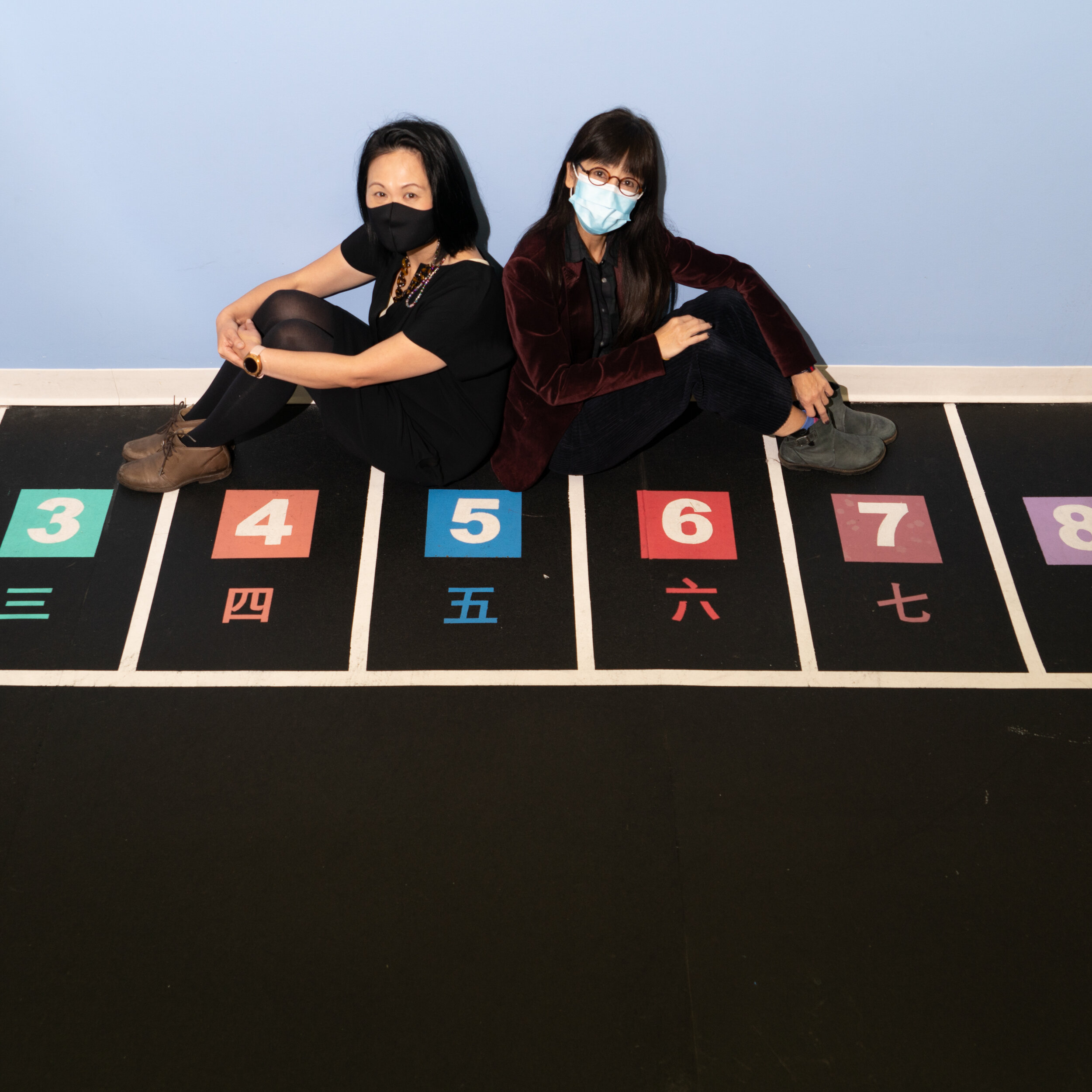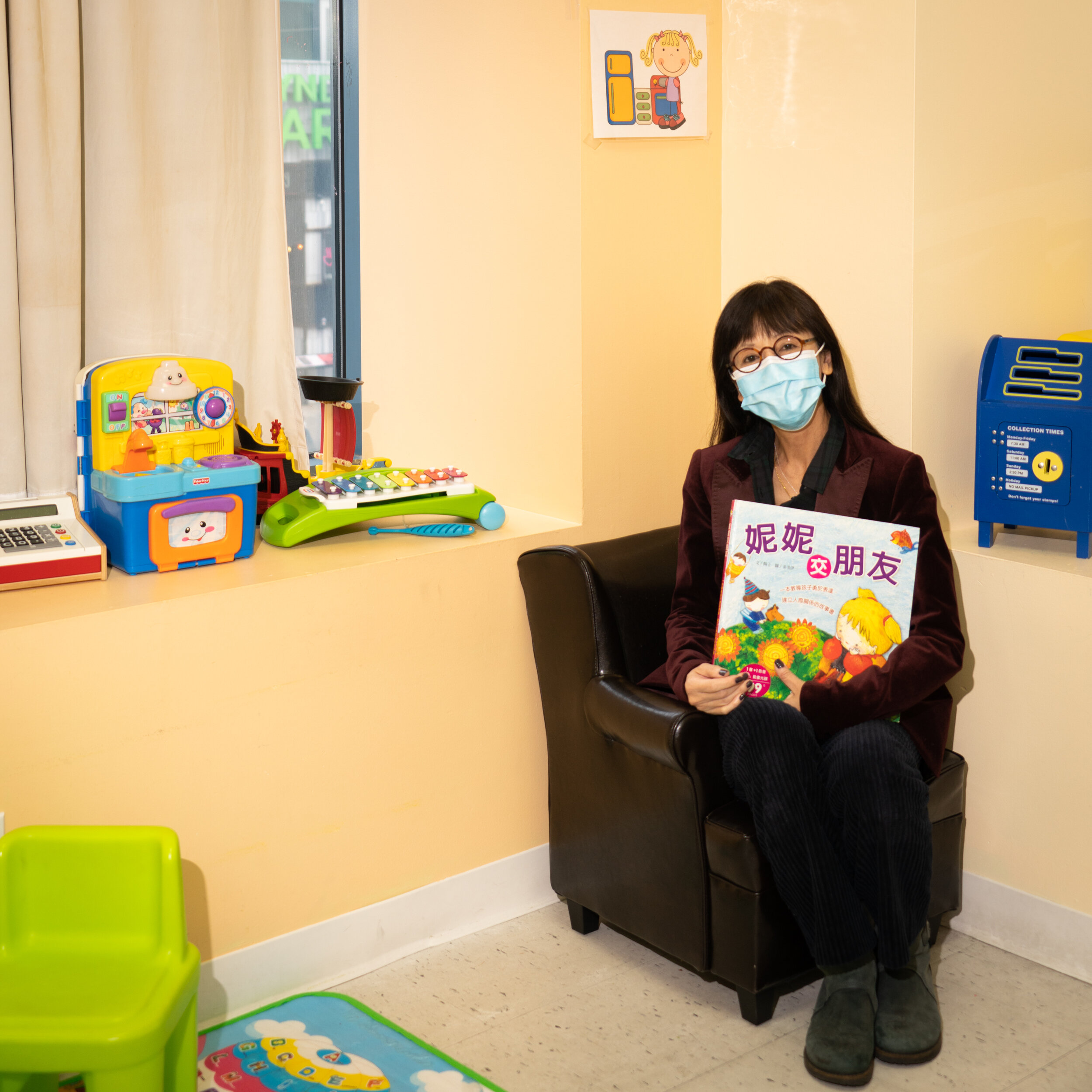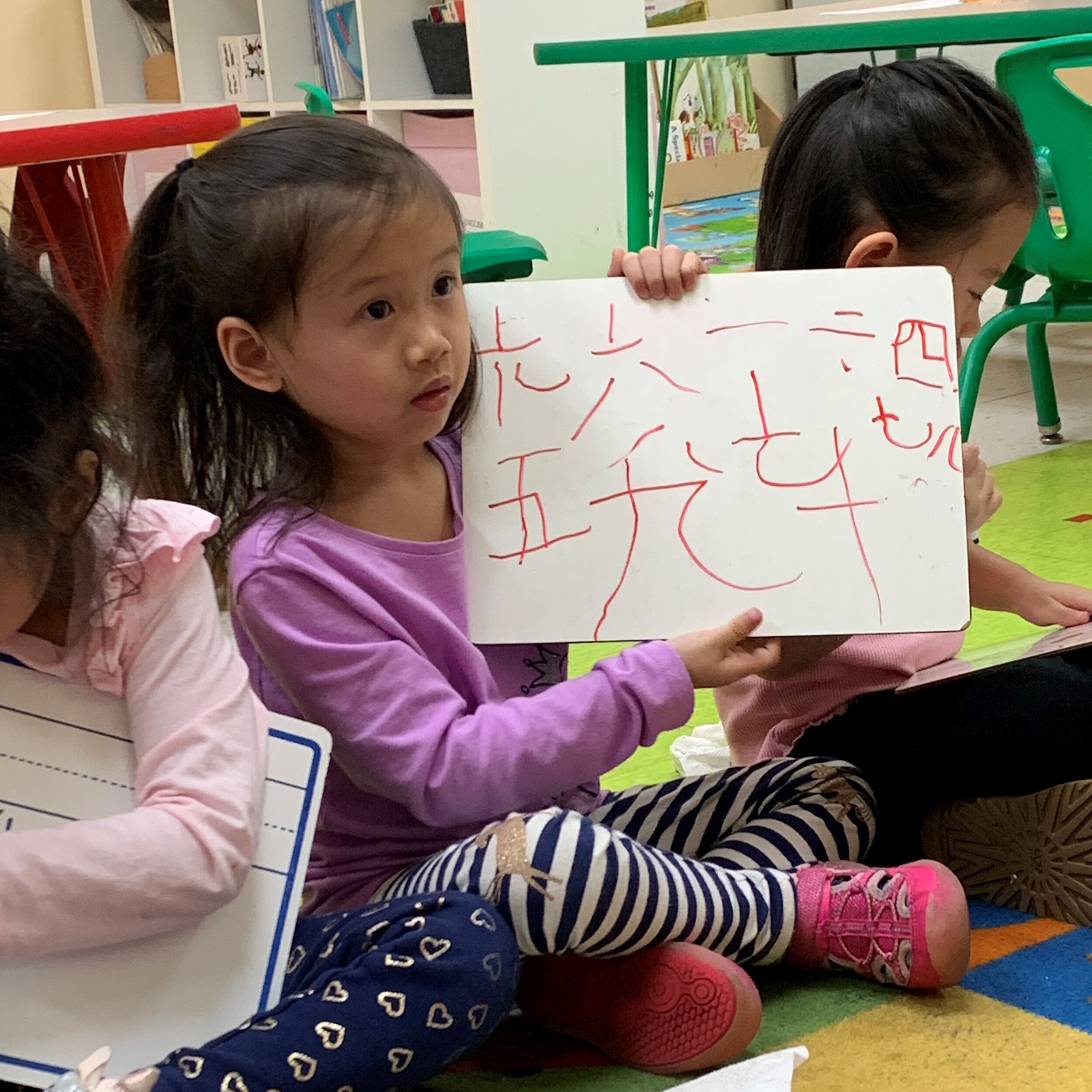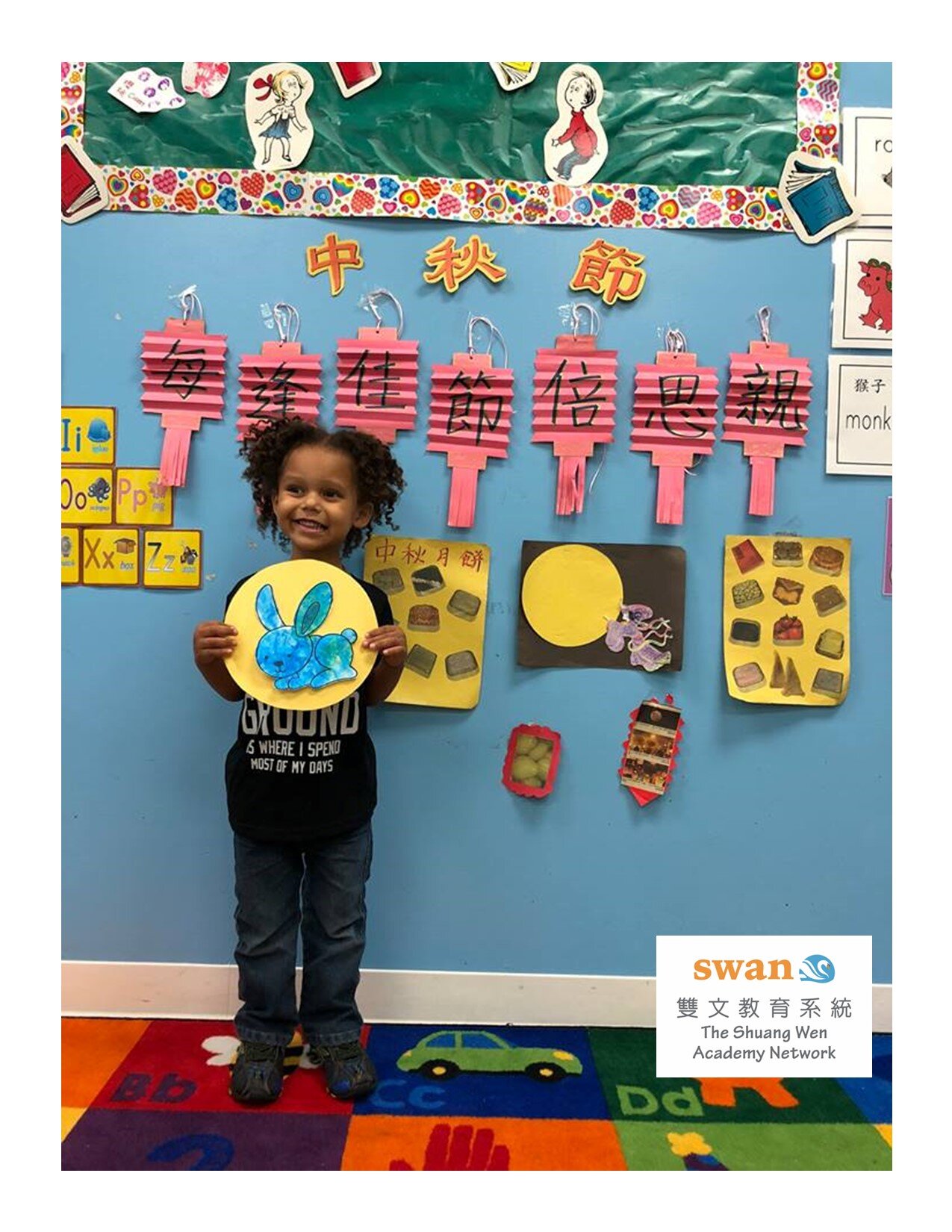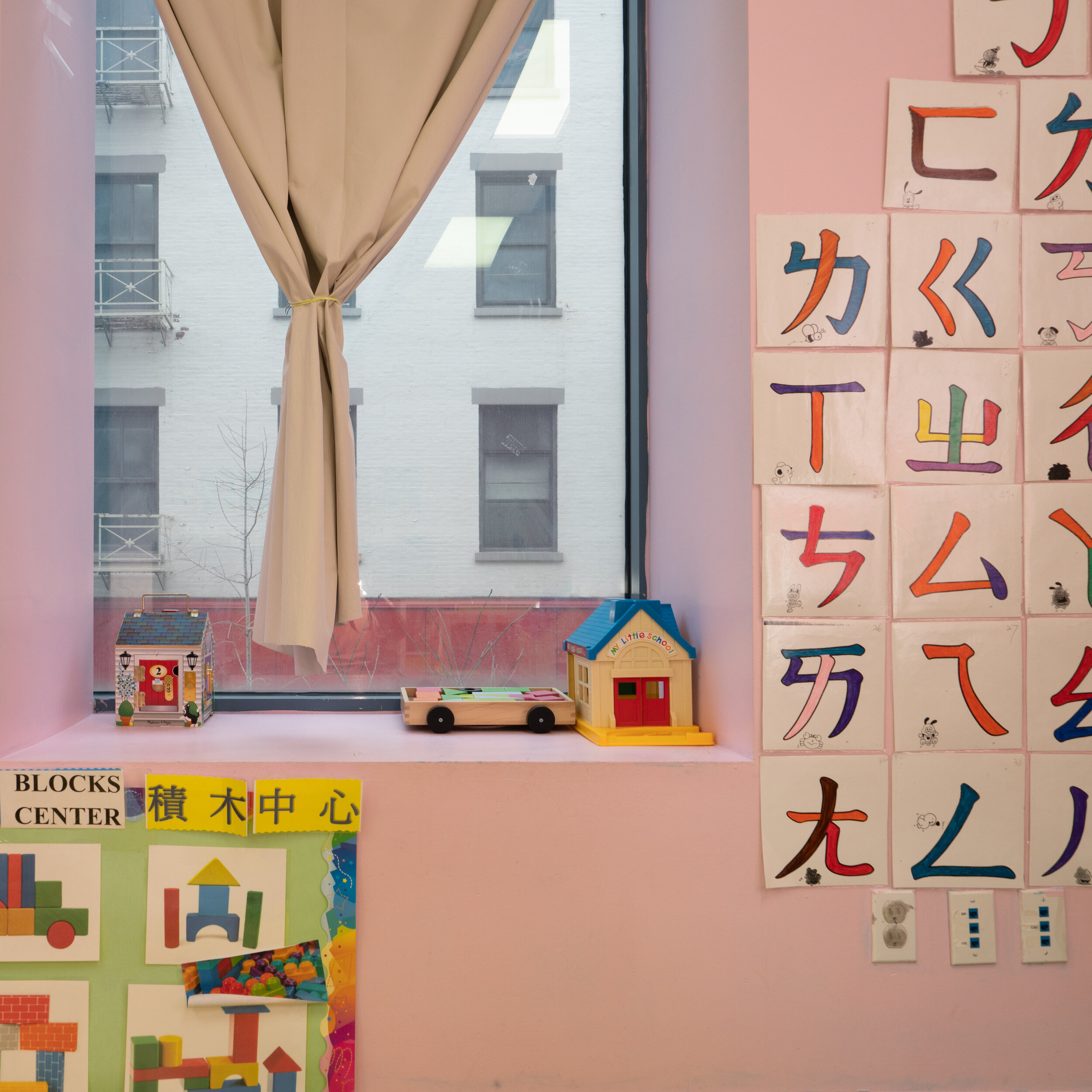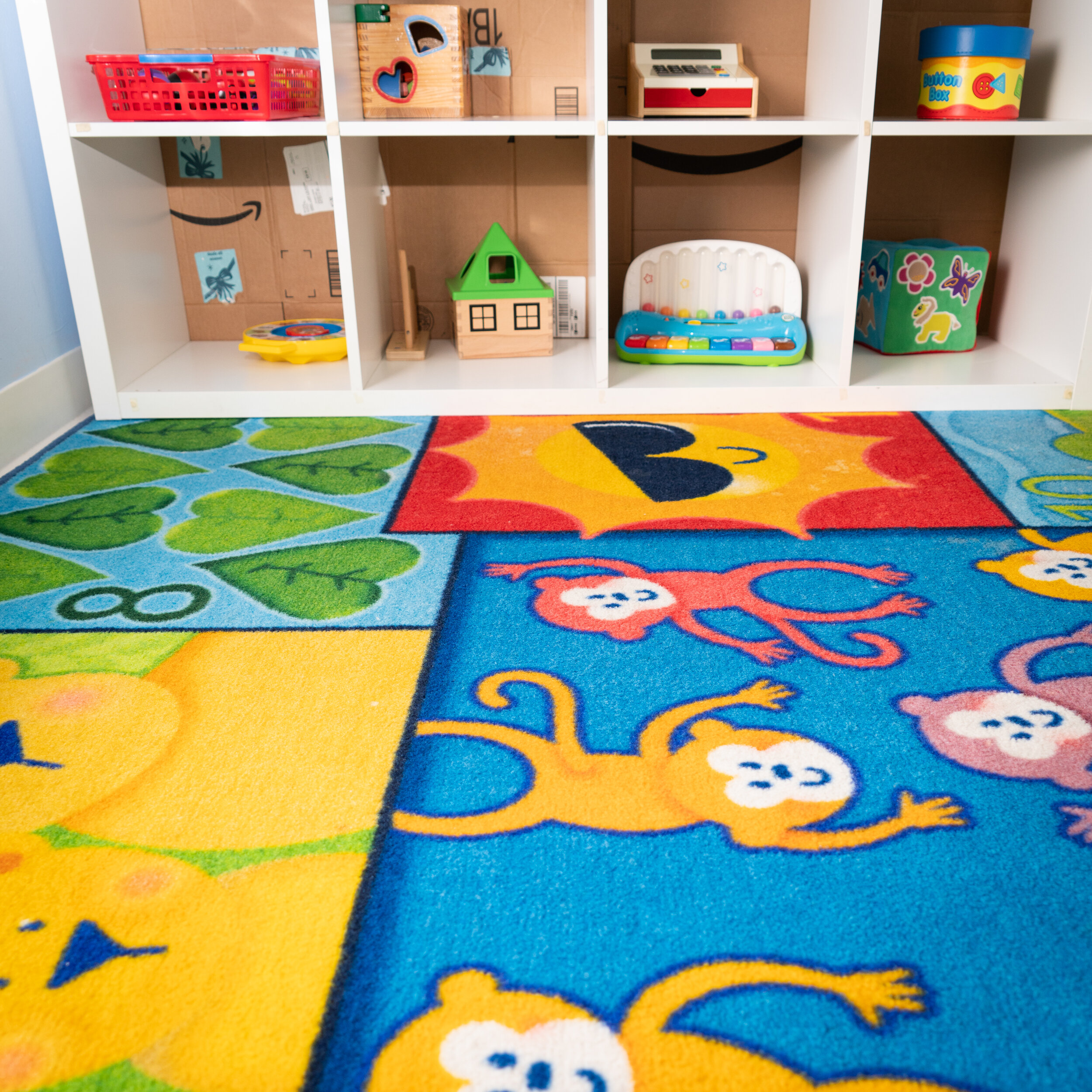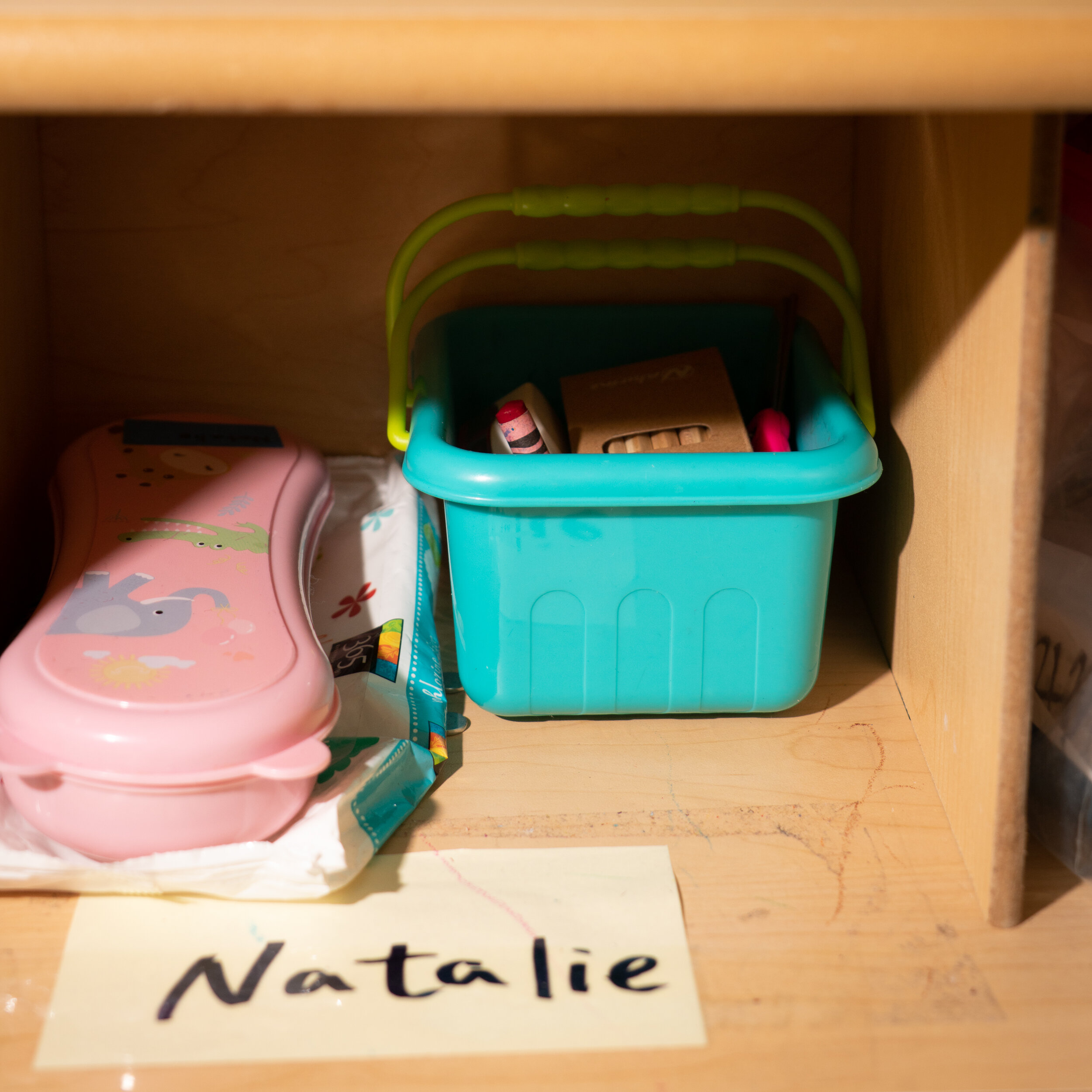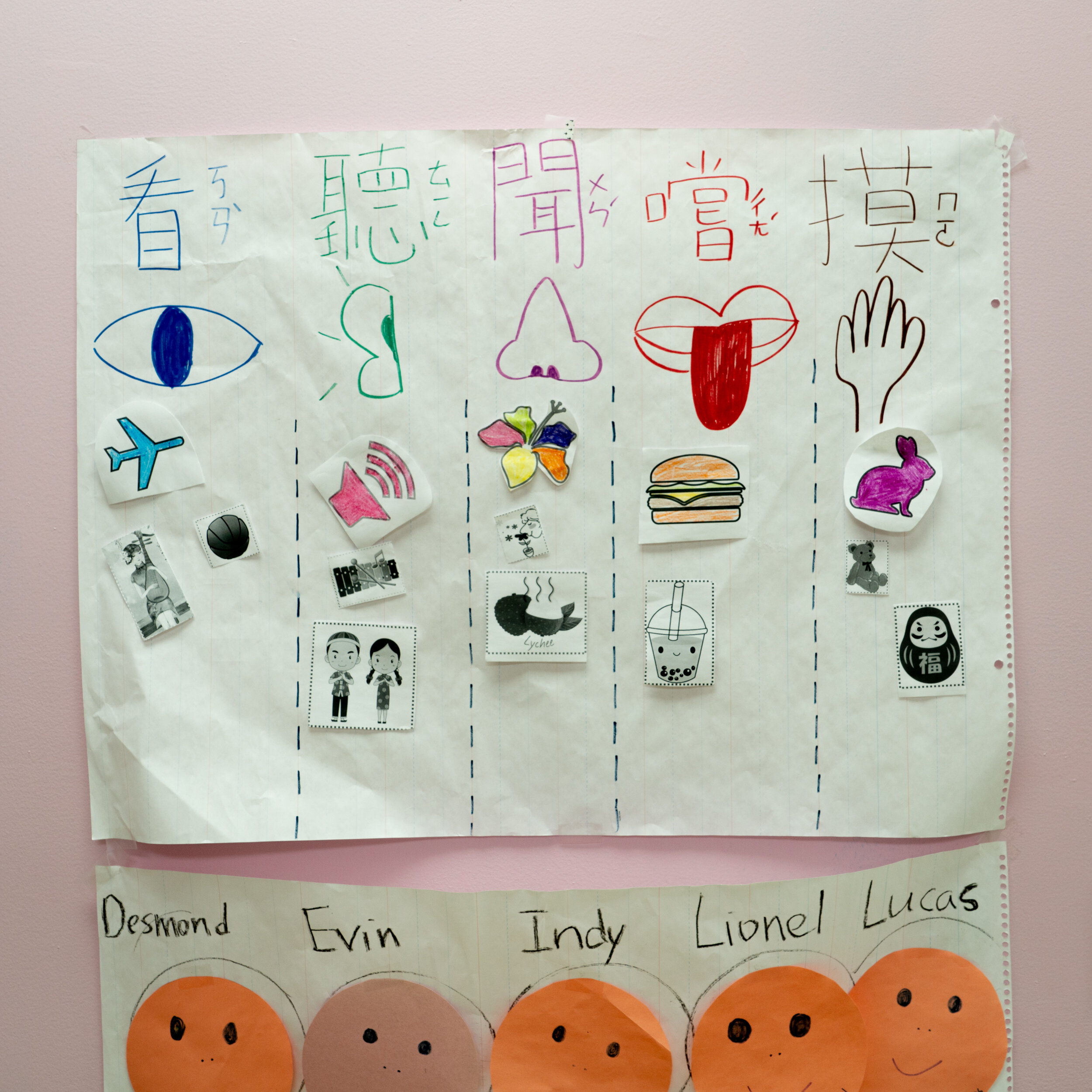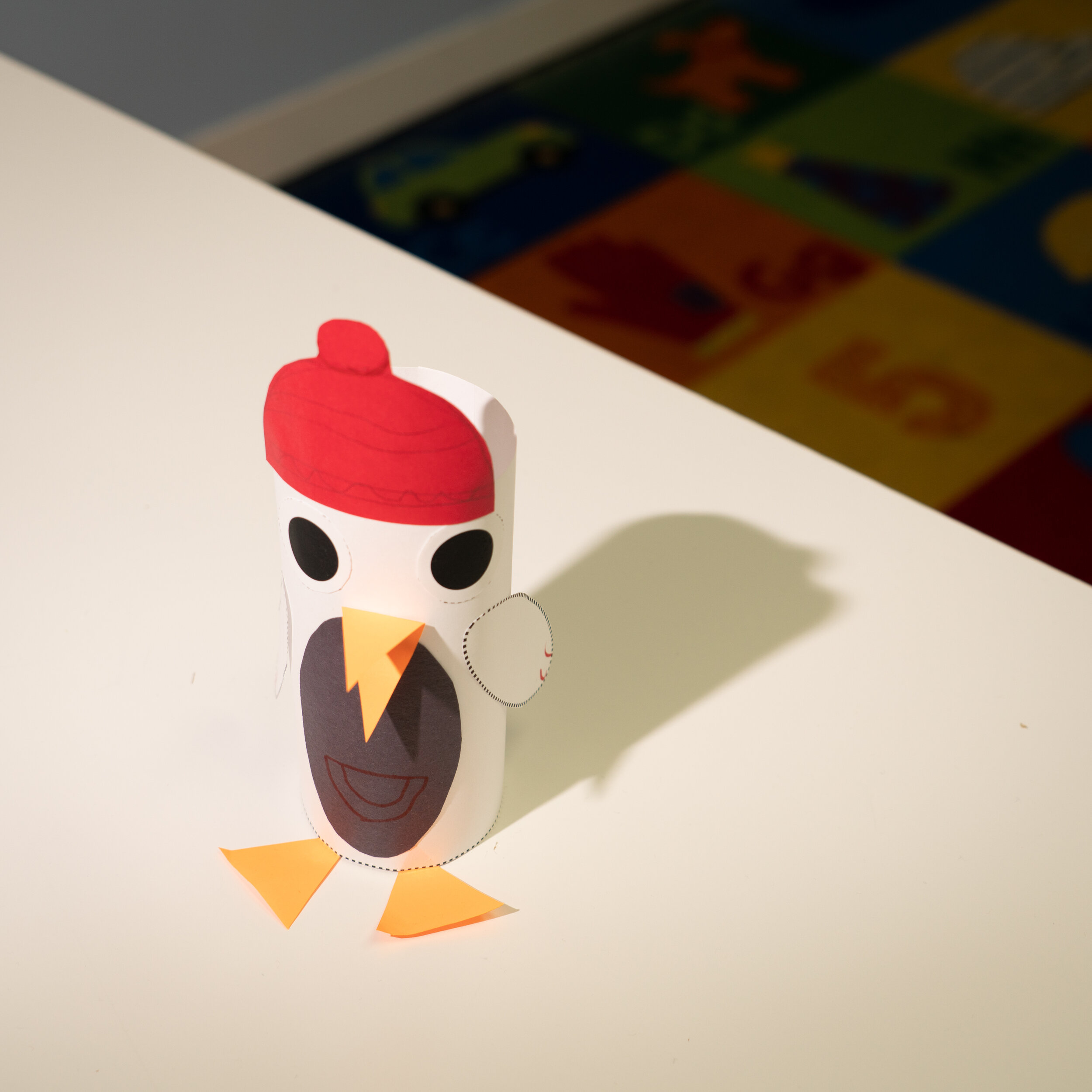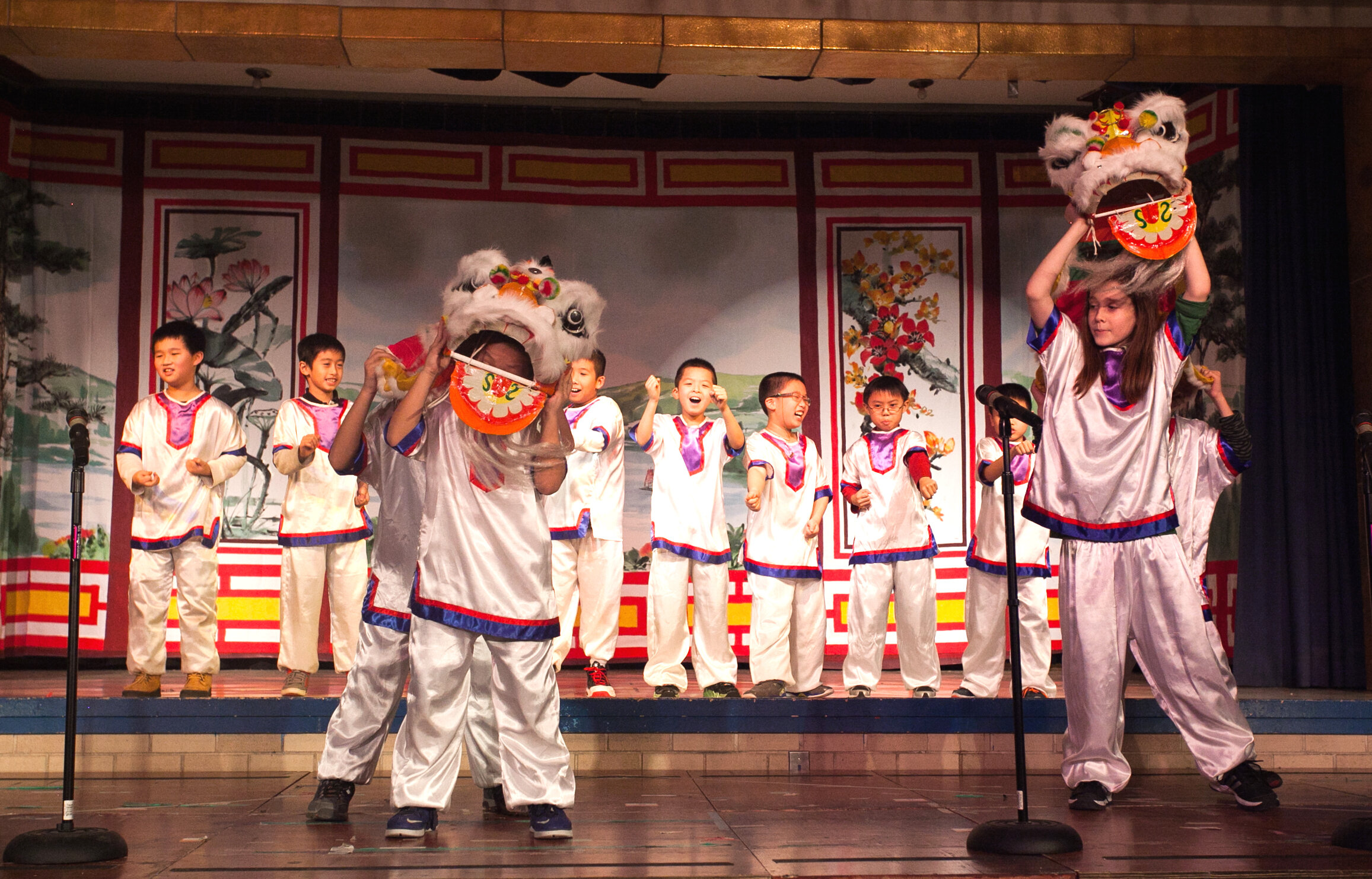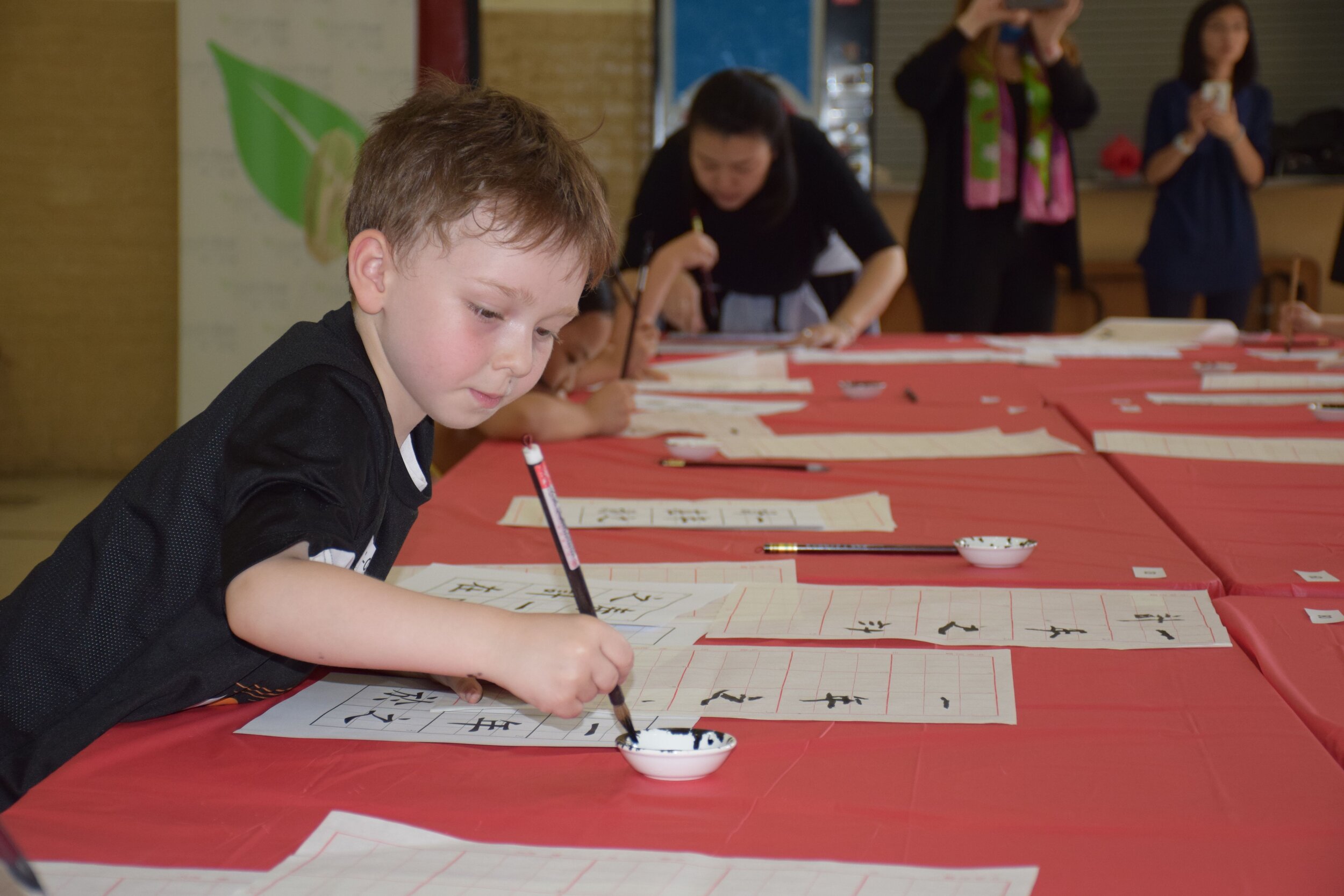Business Spotlight: Shuang Wen Academy Network
In our third installment of Longevity Fund grant recipient spotlights, we spoke with Fu Mei Cheung, executive director, and Nancy Eng, chairwoman, of Shuang Wen Academy Network (SWAN).
SWAN is an educational nonprofit that has been teaching Chinese language and culture for the last 24 years. Their team of passionate educators strive to teach our next generation’s leaders all there is to know and love about Chinese culture and language through their hands-on programs.
Read on to learn more about SWAN’s mission and how it has been faring during COVID. To support Chinatown organizations like SWAN, donate to the Longevity Fund here:
Tell us who you are!
Fu Mei: I’m the executive director of Shuang Wen Academy Network (SWAN). I’ve always had a passion working with children, and having landed the opportunity to work with SWAN is a dream job. I am a first-generation Asian American; I immigrated to NYC in 1980.
Core to SWAN’s mission is to bridge the gap of all cultures and ethnicities. Its mission speaks so dearly to me, and the same goes with many of our staff members. I’m really happy to be able to share our mission of making language and culture accessible.
(Photo 1: Fu Mei (Left), Nancy (Right), Photo 2: Nancy at SWAN)
Nancy: I am the chairwoman of SWAN. I was born and raised in NYC, and I spent all my childhood here in Chinatown and working with the Chinese community. I’m a speech pathologist by trade. SWAN is the perfect landing place for me because I have good knowledge of the community and of the Asian American experience.
SWAN is coming into its 24th year. It was started by four social workers who recognized that there wasn’t a good way to teach the Chinese language in an authentic way. Over time, we were able to secure enough funding from the NYC Department of Education to build out our programs.
Fu Mei: We started with 40 kindergarten students as an after school program with one location, and we grew to a number of programs for students of all ages, including a Pre-K program with 5 different after school locations at schools and a summer program with international travel to Taiwan.
It’s not only about learning the language but living the culture, too — that’s the philosophy behind SWAN. We are unique because we really see the language and culture as two things that go hand in hand. We want our students to leave SWAN learning the language as a functional language.
Before COVID, we were serving 450 families with a two-year waiting list. Right now, we serve about 380 families. Five years ago, we started to see that more families brought their children to SWAN because they recognize the competitive advantages of knowing the Chinese language. That now makes up about 30% of our families now. It’s a wonderful phenomenon when we see some children who know better Chinese than their parents; they have an easier time communicating with their grandparents in Chinese than their parents do!
What are the challenges you are facing right now as an organization?
Fu Mei: When COVID hit, the #1 challenge was the fear of the unknown, but our team was especially focused on how to continue teaching, so that our students didn’t have to experience a gap in their learning. We were very quick in identifying a checklist of what to do; it was a lot of hard work and one-on-one conversations with the parents. We were concerned that the parents would not return. Because we were so committed to maintaining the same level of learning, we were very happy to see that almost 80% of our parents continued with virtual learning. We’re fortunate that we didn’t have to let go of any of our six staff members and ~20 part-time staff members.
Nancy: I think Fu Mei is being too modest; she also didn’t take a salary, so that we could continue to keep our staff and programs running. Fu Mei and our program director worked without pay because this is how much they believe in the program and a sign of the quality of the commitment to the program.
How will the Longevity Fund help your organization?
Fu Mei: We have a very strong group of parents who care about the program. A parent saw the application and sent the Longevity Fund application to me; this is how we heard about the grant. Parents really see swan as a partnership. For us to grow, it’s really a joint effort.
The Longevity Fund will help us cover many of the day-to-day costs as we think about reopening. There will be costs that need to be built in because we are in a new world — things like PPE for staff and students and hiring consultants on how to train staff with safety protocols, once we start in-person learning again.
We opened in-person pre-school in August. The Longevity Fund came in at a good time because we are still at a 50% restriction but still 100% the costs. The funding is really helping with keeping our school sanitized, purchasing new computing equipment to do virtual learning — all costs that have really put a dent with the 50% restriction.
What do you love most about Chinatown?
Nancy: There is not enough time in the day to tell how much I love Chinatown. I think it’s about the connection. You can walk down the street and not know anyone and still feel a connection that ties us all together. When the Transfiguration School kids were painting the outdoor dining setup on Mott Street, it brought tears to my eyes, because that’s my alma mater.
Fu Mei: Being an immigrant, it still continues to give you that sense of belonging. When you move to a new country, you’re still trying to adjust and find your sense of belonging. When you’re able to experience all the senses that you’re familiar with, makes you feel so connected.
Nancy: Where else in New York City would you feel fine when an elderly person is taking their time to walk down the street with their grocery pushcart. Anywhere else, you wouldn’t be able to tolerate it because of the go-go-go mentality, but in Chinatown, you feel a sense of connection, especially seeing that they are still able to maintain their independence at such an age to take care of themselves.
Chinatown establishments like Shuang Wen Academy Network are what makes the spirit of our neighborhood. We need your support — now more than ever before — to keep that spirit alive. Please consider making a donation to our small business relief fund, The Longevity Fund, or help us spread the word of what’s at stake. Together, we can preserve Chinatown businesses and help say Chinatown will always be open for business.
Photos courtesy of Fuxuan Xin and SWAN

